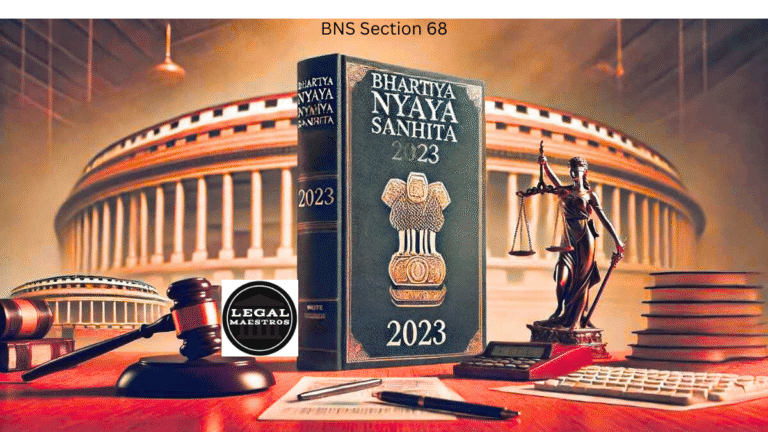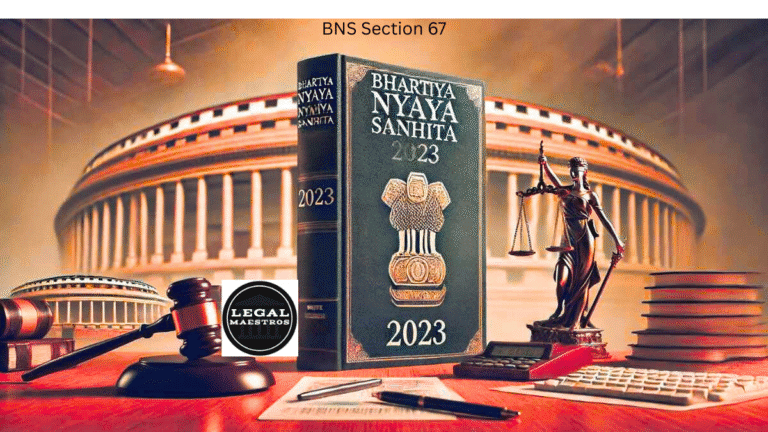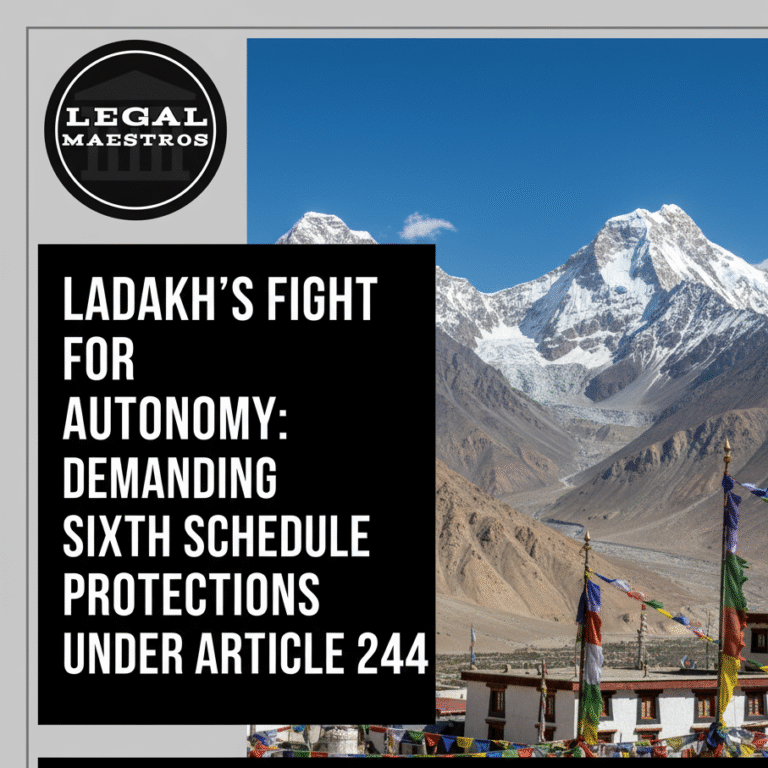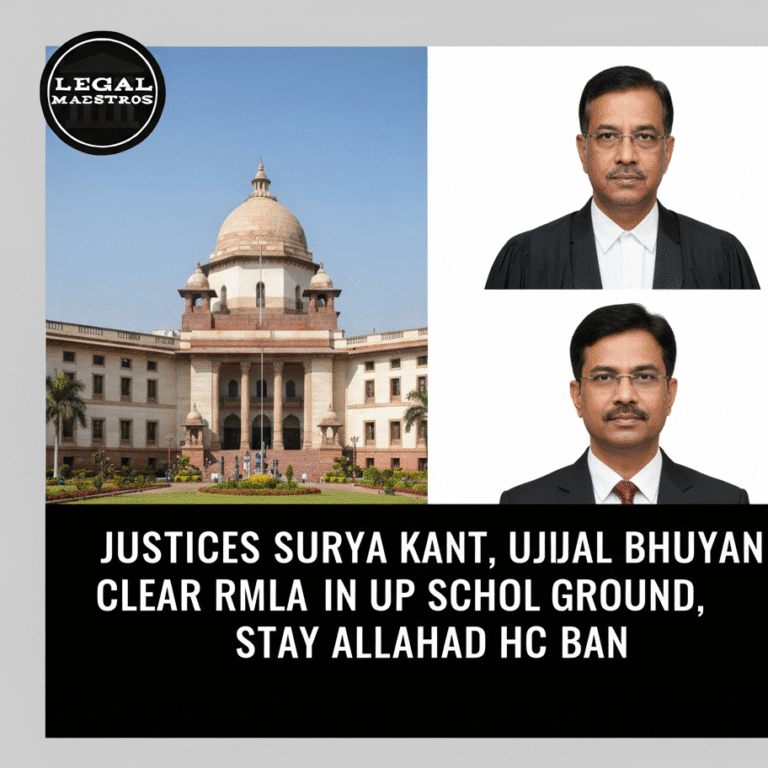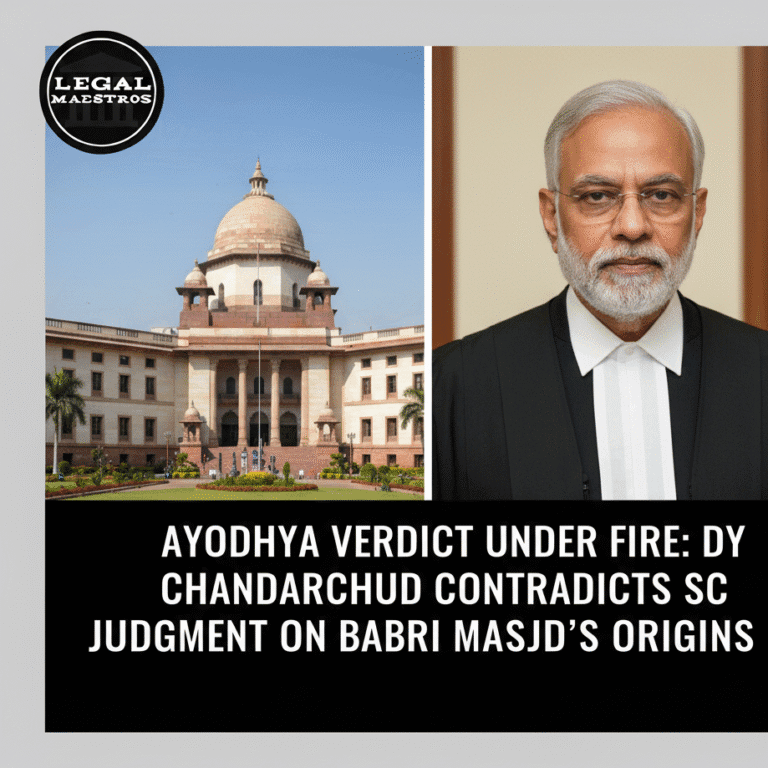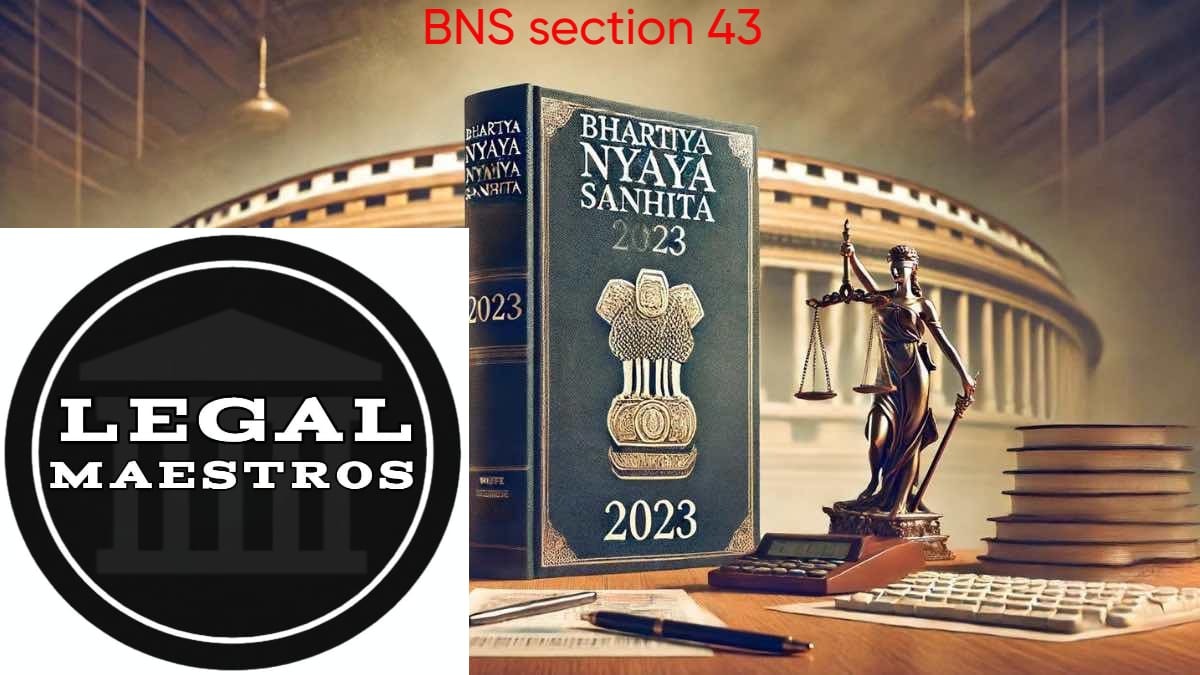
Section 43 of the Bharatiya Nyaya Sanhita, 2023: Commencement and Continuance of the Right of Private Defence of Property
The Bharatiya Nyaya Sanhita (BNS), which will be implemented in 2023, will replace the Indian Penal Code of 1860 and bring India’s criminal law framework into the current day. There is a specific provision in the BNS known as Section 43 that addresses when the right to private defense of property begins and how long it continues, depending on the nature of the threat. The inclusion of this provision guarantees that individuals will be able to safeguard their property from unlawful aggression while simultaneously preserving legal boundaries.
The question is, when does the right start?
In accordance with the provisions of Section 43(a), the right to private defense of property begins to take effect when an individual has a reasonable apprehension of danger towards their property. This indicates that the right does not begin to take effect until the offense has been finished; rather, it begins to take effect as soon as there is a genuine threat.
For More Updates & Regular Notes Join Our Whats App Group (https://chat.whatsapp.com/DkucckgAEJbCtXwXr2yIt0) and Telegram Group ( https://t.me/legalmaestroeducators )
The Length of Time That the Right Is Valid Given the Nature of the Offence
Section 43 provides an explanation of how this right can be maintained in a variety of situations:
Until the perpetrator has fled with the property, until the public authorities have been contacted, or until the property has been recovered, the right to recover the property remains in effect. Citizens who are members of the Complaint Hub Community
**Robbery**: The right continues to exist for as long as the offender causes or attempts to cause death, injury, or unlawful restraint, or for as long as the fear of instant death, injury, or personal restraint continues to exist.
Because the offender continues to engage in the commission of criminal trespass or mischief, the right continues to be valid for as long as the offender continues to engage in such behavior.
The right endures for as long as the house-trespass that was started by such house-breaking continues to exist. This includes house-breaking that occurs after sunset and earlier than sunrise.
Complaint Hub Citizen Community provides illustrative examples such as the following:
For example, a homeowner is awakened by noises in the middle of the night and discovers that someone is attempting to break into their home. Even before the intruder enters the property, the homeowner has the ability to instantly exercise their right to private defense since they have a reasonable perception that their property is in danger.
An individual makes an attempt to steal a motorcycle that is parked during the day. This is the second example. When the owner discovers the theft, he confronts the thief. This right to private defense will remain in effect until either the thief flees the scene, the police arrive, or the motorcycle is found and returned.
With a Legal Perspective
The right to private defense is emphasized in Section 43, which places an emphasis on the notion of proportionality. Despite the fact that it permits individuals to protect their property against certain offenses, it limits the use of force to what is required and reasonable given the circumstances. By taking this method, a balance is maintained between the rights of individuals and the safety of society.
The Bharatiya Nyaya Sanhita, 2023, includes a section that outlines the specific circumstances under which persons are permitted to use their right to private defense of property and the manner in which they can do so. Additionally, it ensures that individuals are able to take action to safeguard their property during a threat while still respecting legal bounds by stating the beginning and length of the threat based on the type of threat occurring. Citizens who are members of the Complaint Hub Community


